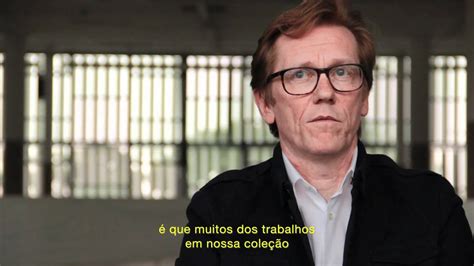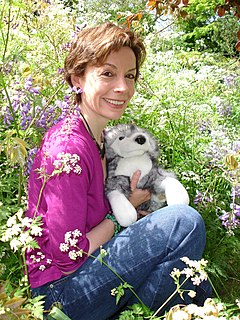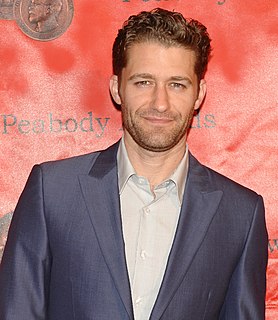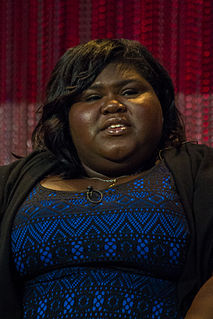A Quote by Chiwetel Ejiofor
There are many different ways the public can respond to actors - they can see you on TV and feel they know you and own you, and there can be something quite cornering about that.
Related Quotes
These artists all have some kind of message to the public. These messages can be quite personal, maybe about their own existential situation, and it can be about suffering, it can be about questioning of one's existence and so on. They are all telling us very genuine stories, which are touching us in different ways and they are enlightening in different ways. But it's not only the stories themselves, but it's how it is done - that creates the impact of the story. It is not what is said but how it is said. I don't think you can dissociate the content from the form.
It's not that people like sad movies that make us feel like, "Oh, my god, what a bummer." We like emotionally moving experiences, where you feel like a slightly different person and you see the world a little different, after you finish. It lets you see your own life, in a different way, and it actually makes you feel really good. And even though there might be sad content making this happen, the feeling that you're left with is one that is quite good, quite hopeful, clarifying and uplifting.
Actors aren't all the same. They have very different skills. There are actors of intellect who are very thoughtful about everything they do... and then there are actors of instinct who don't know what they're doing until the cameras roll... My father was actually quite thoughtful about what he did, while my mother was much more instinctual.
Often you find actors have big hearts; they're quite emotional people. Talking to actors who date other actors, and talking to people who deal with other actors, they often get emotionally caught up in lots of different things. They often wear their hearts on their sleeves. They feel things quite a lot - often to the nth degree, which I can imagine could make it quite difficult to date some of us. I think it's about having an emotional availability that you can kind of draw on. But I'm also searching for that. I'll be searching for the answer to that question for the rest of my life.
I feel more like a creative artist using photography because there's - the digital work is so interesting now. It's come to that. I have had many different stages of photography - there are many different ways to take photos. But I feel now I'm in that stage of my life where I use the camera, you know, in that way.
As a viewer, that's work I respond to - work that I know is singular in some way. If I'm being challenged by something on screen, if I don't quite know why it's happening, I want to know I can do the work of pulling it apart and that there'll be something satisfactory about it. If the architecture is sound, you can be lyrical in execution.
I mean, in many ways, you know, I felt very connected to Ian (Dury) on, on a lot of levels. I mean, politically, & sort of, socially, our, kind of, social backgrounds are quite similar in many ways, as well as our kind of artistic endeavors. So there were many, many things that sort of chimed in for me, and kind of made me feel very instinctive about playing him, and, and although, there was sort of a certain amount of impression involved, actually, there's a lot of myself in the role.
I think if somebody is so set in their ways about what they feel about something - and you get this a lot in academia, of course, and also different sorts of journalism too - you're going to sweep under the carpet the facts that don't suit your thesis. And I think that happens quite a lot in the courtroom, for instance.




































